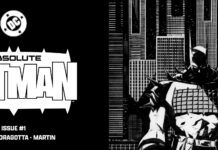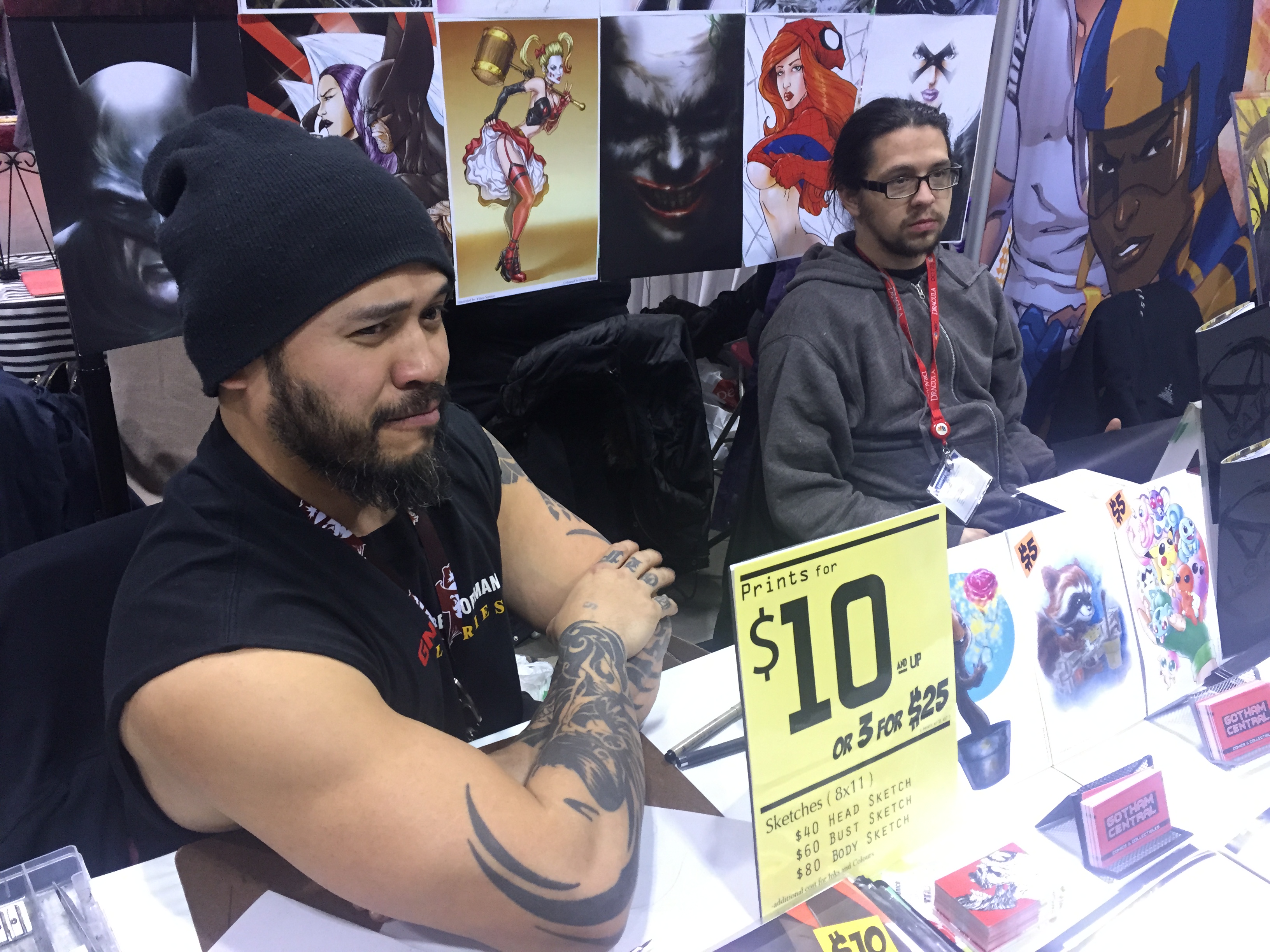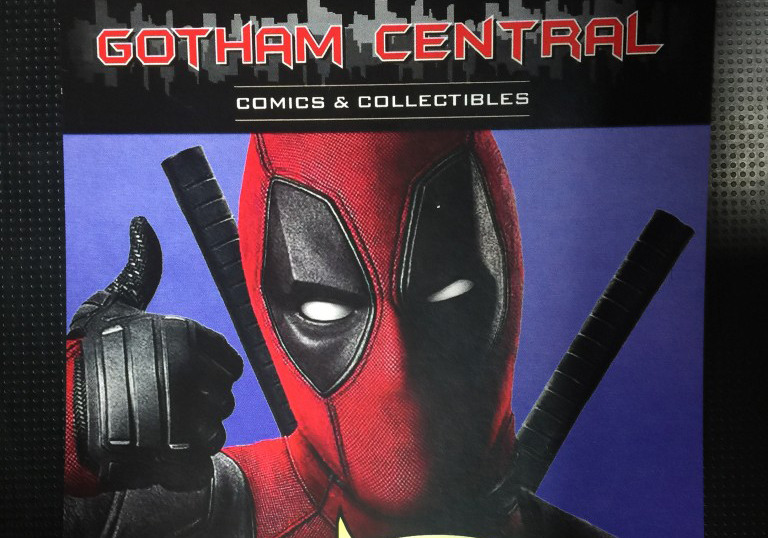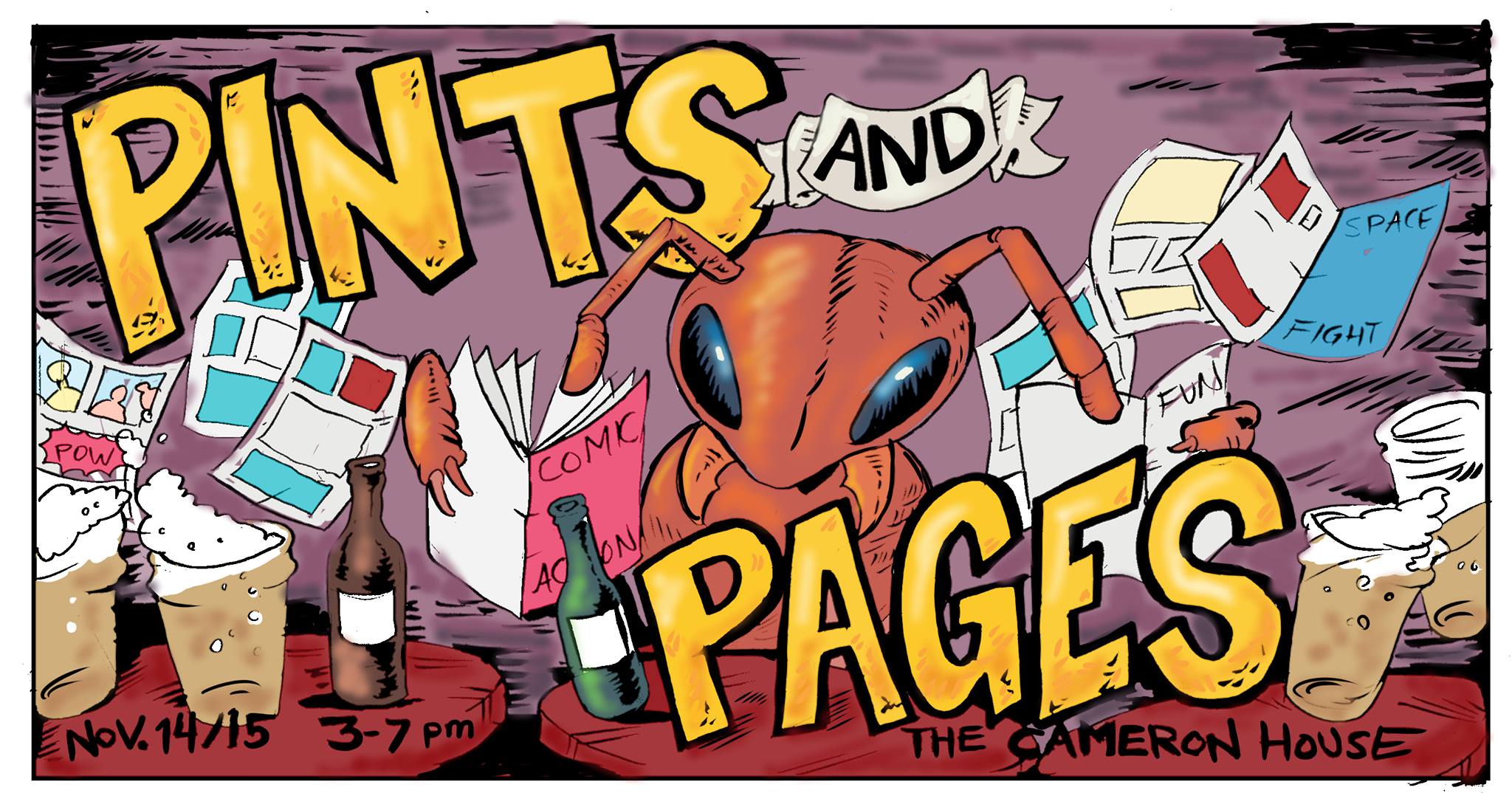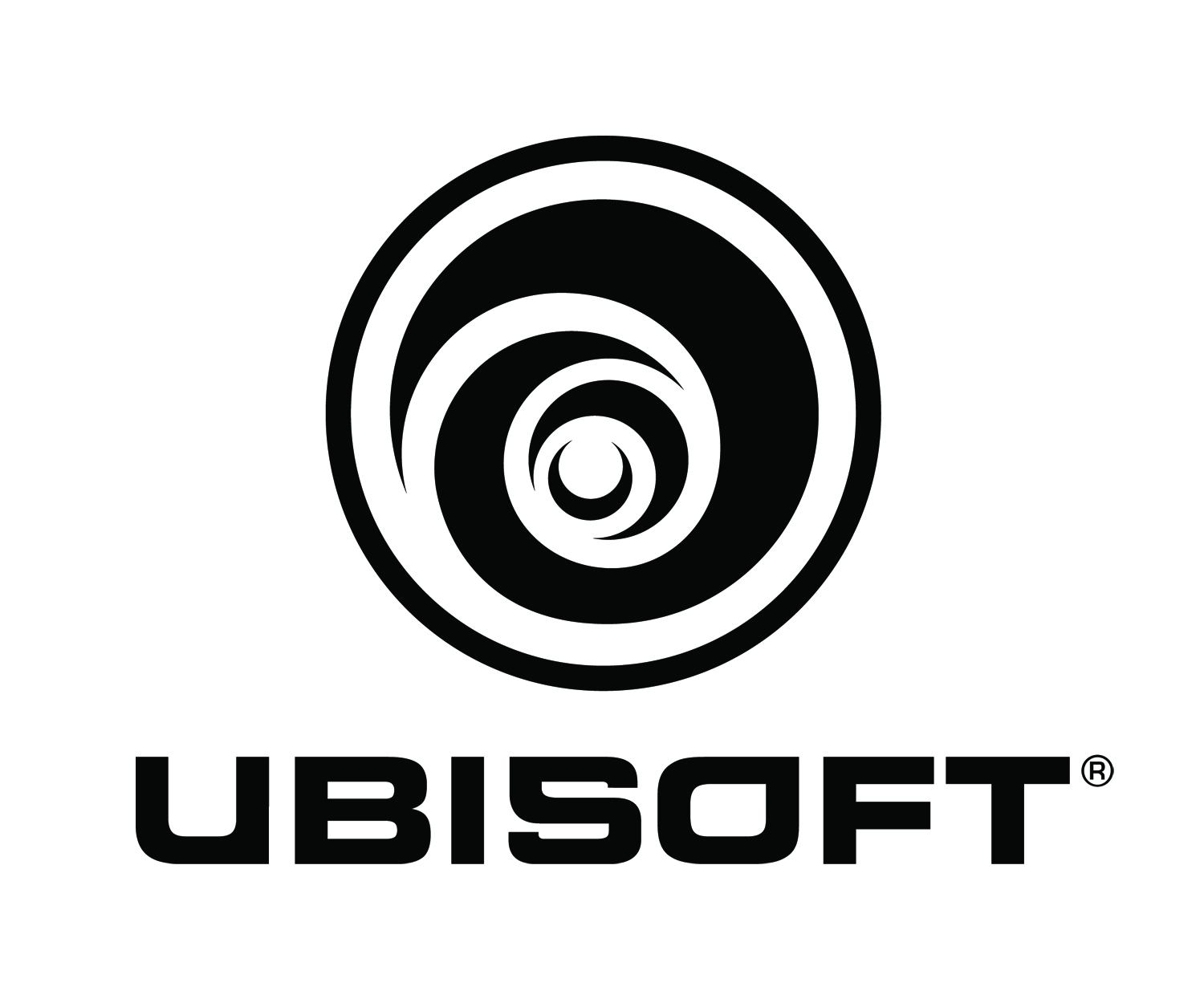What It’s Like To Work On A Ubisoft Game
Author: S.A.
I’m sure many gamers have envisioned a life in which they were developing million dollar gaming ideas, with the backing of a company that is well known throughout the world. We often envision a life of glamour and game testing filled with laughter. At least I have, and it’s the sad truth that when you grow up you realize that’s not quite the case.
The life of a modern day developer is hardly glamorous, especially not in gaming giants like Ubisoft. Wherein which developers number in the hundreds on any given title, and the work is distributed across their various studios. Not only is this a ridiculous organizational nightmare, but also allows for a feeling of inadequacy to be born in an environment where your just “one among many”.
 A former technical architect from Ubisoft, Maxime Beaudoin, wrote an article to this extent recently after his recent departure from the gaming giant to pursue a career in indie game creation. He titled the blog entry “Why I Quit My Dream Job at Ubisoft” and goes into depth about working on titles such as Assassin’s Creed Syndicate. Beaudoin states that while he loved working on smaller games, like Prince of Persia: The Forgotten Sands, the annoyance for him came upon being tossed into large projects. The developer went so far as to state that he felt like a cog in a rather large machine.
A former technical architect from Ubisoft, Maxime Beaudoin, wrote an article to this extent recently after his recent departure from the gaming giant to pursue a career in indie game creation. He titled the blog entry “Why I Quit My Dream Job at Ubisoft” and goes into depth about working on titles such as Assassin’s Creed Syndicate. Beaudoin states that while he loved working on smaller games, like Prince of Persia: The Forgotten Sands, the annoyance for him came upon being tossed into large projects. The developer went so far as to state that he felt like a cog in a rather large machine.
I’ve posted Beaudoin’s blog post below for those of you who want a better understanding:
“After a few months, Syndicate started for real. The team was getting bigger and bigger as we entered production. For me, this is the root of all issues on AAA games: big teams. Too many people. Syndicate was created with the collaboration of about 10 studios in the world. This is 24 hour non-stop development. When people go to sleep in one studio, it’s morning in another one.
With so much people, what naturally occurs is specialization. There’s a lot of work to do, and no one can master all the game’s systems. So, people specialize, there’s no way around it. It can be compared to an assembly line in a car factory. When people realize they’re just one very replaceable person on a massive production chain, you can imagine it impacts their motivation.
With specialization often comes tunnel-vision. When your expertise is limited to, let’s say, art, level design, performances or whatever, you’ll eventually convince yourself that it’s the most important thing in the game. People become biased towards their own expertise. It makes decision-making a lot more complicated. More often than not, it’s the loudest voice who wins… even if it doesn’t make much sense.
On large scale projects, good communication is – simply put – just impossible. How do you get the right message to the right people? You can’t communicate everything to everyone, there’s just too much information. There are hundreds of decisions being taken every week. Inevitably, at some point, someone who should have been consulted before making a decision will be forgotten. This creates frustration over time.
On top of that, there’s often too much people involved in making a decision. Usually you don’t want to make a decision in a meeting with 20 people, it’s just inefficient. So the person in charge of the meeting chooses who’s gonna be present, and too bad for the others. What it’s gonna be? A huge, inefficient meeting where no decision is taken, or a small meeting that goes well but creates frustration in the long run?
Being an architect, I had a pretty high level view of all technical developments on the project. While it sounds cool, it has its disadvantages too. The higher you go up the ladder, the less concrete impact you have on the game. You’re either a grunt who works on a tiny, tiny part of the game (“See that lamppost? I put it there!”), or you’re a high-level director who writes emails and goes to meetings (“See that road full of lampposts? I approved that.”). Both positions suck for different reasons. No matter what’s your job, you don’t have a significant contribution on the game. You’re a drop in a glass of water, and as soon as you realize it, your ownership will evaporate in the sun. And without ownership, no motivation.
I could go on and on. There’s tons of other reasons why AAA projects are not satisfying. Don’t get me wrong: it’s nothing specific to Ubisoft or Assassin’s Creed games. This is an inevitable side effect of creating huge games with an enormous team.
I have to add that, obviously, some people are motivated. Those are usually juniors and people who never got the chance to work on a AAA project before. But when you’ve done it a couple of times, the excitement disappears, and you’re only left with the sad, day-to-day reality. That’s a huge problem for studios working on AAA projects one after another. Senior staff gets tired and leave.”
This post allows us a rather abrupt understanding of a gaming developer’s day to day life. That said, it seems like there isn’t much fun to be had from working on a gaming giants pay roll. Admittedly this is just one version of events, and I might be jumping the shark, however I feel that the gaming world has lost some of its magic in this knowledge.
Growing up is never any fun.
Follow us on Twitter to keep up with the latest posts, or to recommend a game for the team to review: @TheSaveSpot1



